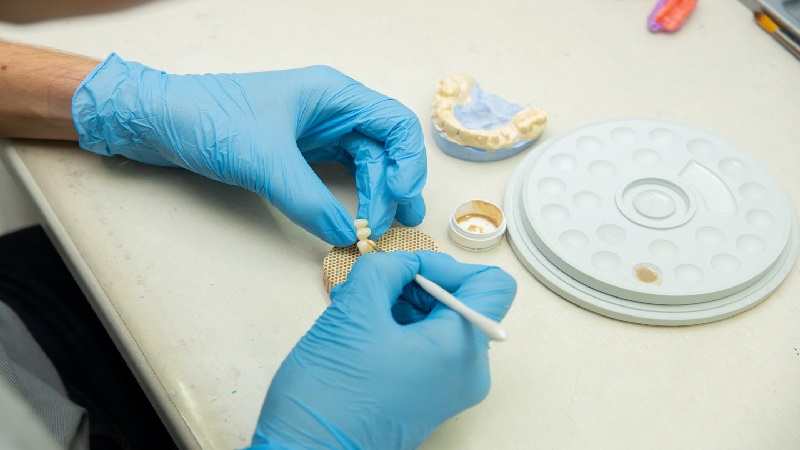
The global market for rheumatoid arthritis treatments is expected to grow at a CAGR of...
Learn More
Our consulting solutions address company specific challenges with respect to micro environment...
Learn More
Organizations frequently need day-today research guidancein order to gain strategic...
Learn More
Exploring different areas of market research and market analysis is a key factor...
Learn MoreAcute Market Reports presents the most extensive global business research services across industries. Our research studies focus on potential outcomes, benefits, and risks associated with each market segment across geographies. Having served our global clients for more than 10 years, our prime priority is to enable our clients in making well-informed business decisions through a data-driven, analytical, and uncomplicated research approach.
We provide access to the world's most comprehensive, analytical, and updated business intelligence services and solutions.




The halal and kosher empty capsules market is expected to grow at a CAGR of 8.3% during the forecast period of 2025 to 2033, driven by various factors shaping the industry landscape. The halal and kosher empty capsules market exhibits promising growt...
Read More
The dental water flosser market is expected to grow at a CAGR of 5.2% during the forecast period of 2025 to 2033, propelled by rising consumer awareness, technological advancements, and the increasing geriatric population's dental concerns. Cost sens...
Read More
The refurbished dental lab equipment market is expected to grow at a CAGR of 8.7% during the forecast period of 2025 to 2033. The demand for refurbished dental lab equipment is increasing due to the rising cost of new equipment and the increasing foc...
Read More




